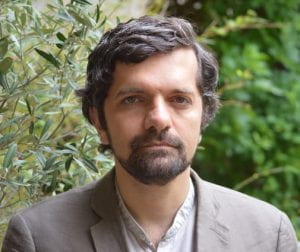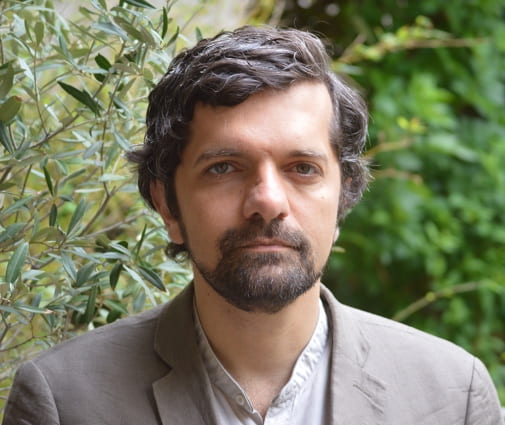
“In Praise of Darkness – a reflection on the diverse roles of visiblity and darkness in organizing”
Transparency is now a much-hyped norm in governance, used across various arenas towards diverse governance programs. In the first part of the session I will present my genealogical work on transparency (co-authored with Marie-Laure Djelic) reflecting on the conditions under which transparency has increasingly lost its progressive ambitions and in turn has been put at the service of marketization and financialization programs in (transnational) governance. In doing so I hope to engage the audience in a discussion about the emancipatory and repressive potentials and actualities of transparency in governance. I then aim to delve into my recent and quite early stage work on institutional darkness. Drawing upon some artist/activist projects, and some of Derrida’s work on blindness, I will reflect on various forms of blurring and darkening of the institutional gaze contributing to the proliferation of heterotopias, and the emancipatory potentials of such. I will reflect on the need for more work on “technologies of darkness” in response to the rapid proliferation of technologies of visibility, and the potentialities of such a development.
Bio: Afshin is an associate professor of accounting and management control at HEC Paris, which he joined in 2011. Trained as a medical doctor in Iran, he obtained his doctorate in medical studies from Tehran University in 2000. He also holds an MBA from York University (Canada, 2007) and a PhD in business administration from ESSEC (France, 2011). His research focuses mainly on performance measurement and its role in transnational governance, construction of rankings (notably in the health sector), transparency as a tool of governance and socially responsible investment. He has been working for a number of years on the construction and role of calculative knowledge in the form of ratings and rankings in regulation of businesses. His more recent work has been focused on the epistemic processes underlying the production of rankings in healthcare. Also, Afshin is a member of the editorial board of Accouting, Organizations and Society. Prior to starting his academic career, he has advised a range of development and sustainability related initiatives such as Access to Medicine Index, Aid Transparency Index, Medicines Transparency Alliance, Access to Nutrition Index and Responsible Mining Index.

